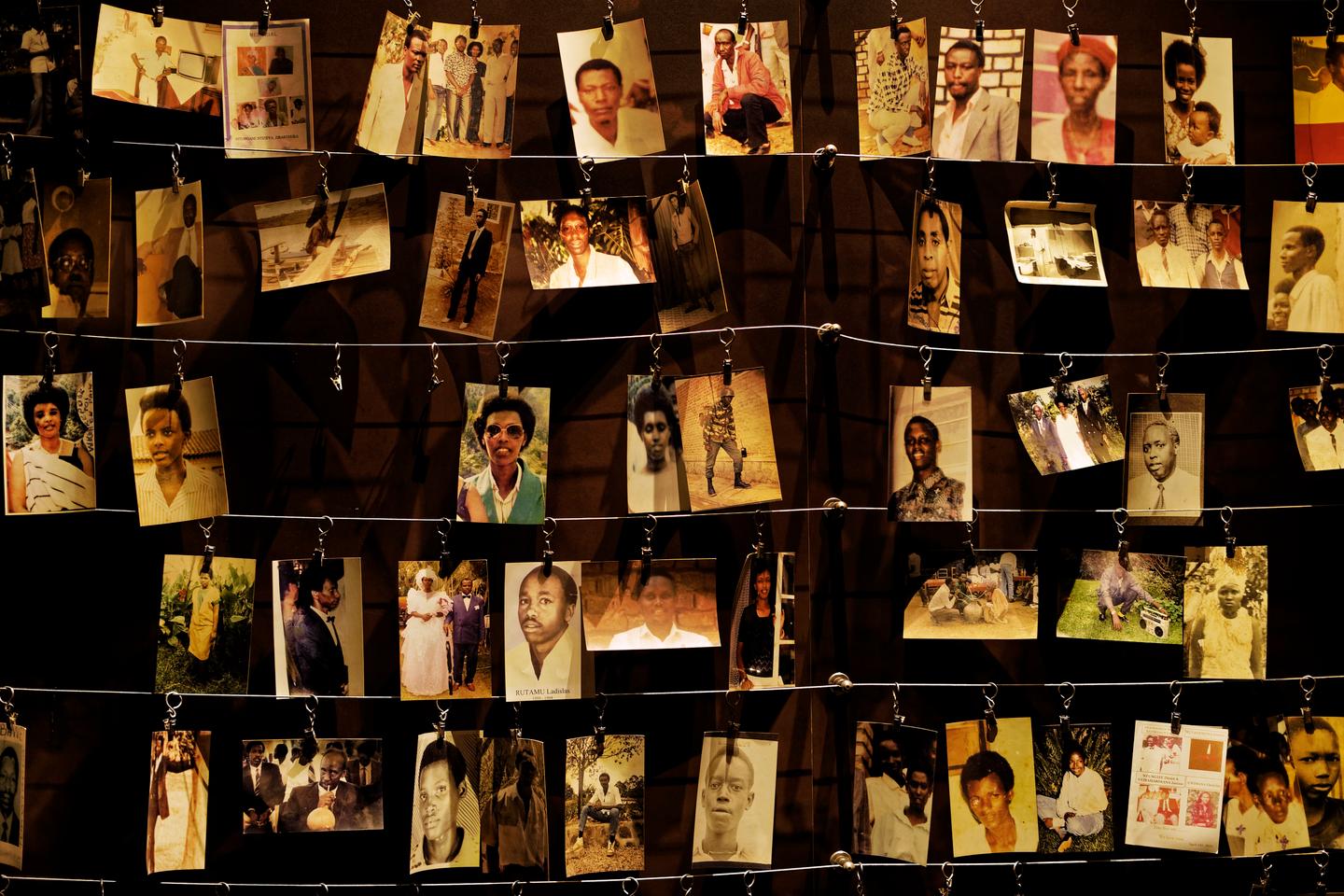


It sometimes takes decades, and a new generation of men, for a country to face up to the dark periods in its history. More than half a century had passed between the Vél' d'Hiv roundup of 1942, the largest French deportation of Jews during the Holocaust, and Jacques Chirac's 1995 acknowledgement of France's responsibility for this mass deportation, denied by his predecessor François Mitterrand.
French President Emmanuel Macron's recent acceptance of Paris's responsibility for the genocide that claimed the lives of 800,000 Tutsis in Rwanda in 1994 is yet another manifestation of this long process of emerging from a heavy national denial.
In asserting that France "could have stopped" the massacres but "didn't have the will to do so," the French president crossed a new threshold on the 30th anniversary of the genocide that began on April 7, 1994, the day after the Paris-backed assassination attempt on Hutu president Juvénal Habyarimana.
No blank check
Already, on May 27, 2021, in Kigali, Macron had, during a historic speech drawing on the report by historian Vincent Duclert, solemnly acknowledged France's "overwhelming responsibility in a spiral that led to the worst." He refrained from speaking of guilt or complicity. This time, by insisting on the lack of will to stop the genocide, the president is being more precise: the lack of will he is questioning implicitly refers to the errors of François Mitterrand's policy in his support for the genocidal regime.
The time seems long gone when, in 1998, the parliamentary information mission headed by Paul Quilès was content to describe France as "immunized in the face of a context whose gravity it has underestimated," and concluded that the country was "in no way involved." Long marked by mutual hostility bordering on hatred, relations between France and Rwanda only began to thaw when Nicolas Sarkozy, in Kigali in 2010, acknowledged "serious errors of appreciation" and "a form of blindness" on France's part. Macron, on the other hand, has made reconciliation with Rwanda one of his priorities in relations with Africa, at the crossroads of his policy of reparation and diplomacy that sees the country ruled with an iron fist by Paul Kagame as an economic success story and a major political player in Africa.
By delivering his new message via a video posted on social media, without actually attending the commemorations organized by Kigali on Sunday, the president is undoubtedly intending to mark his distance from a regime whose involvement in the fighting raging in the east of the Democratic Republic of Congo (DRC), bordering Rwanda, has been officially condemned by France. It's a way of saying that reconciliation through memory is not a blank check for today's actions.
Macron, whose policy of truth-telling on the disturbing pages of French colonial and post-colonial history is encountering many political obstacles – in the face of the far right – and diplomatic ones – in the face of Algeria, is right to pursue this course. While lucidity about the past, an important virtue for democratic regimes, is by no means a guarantee against the follies of the present, it should serve to guard against them.
